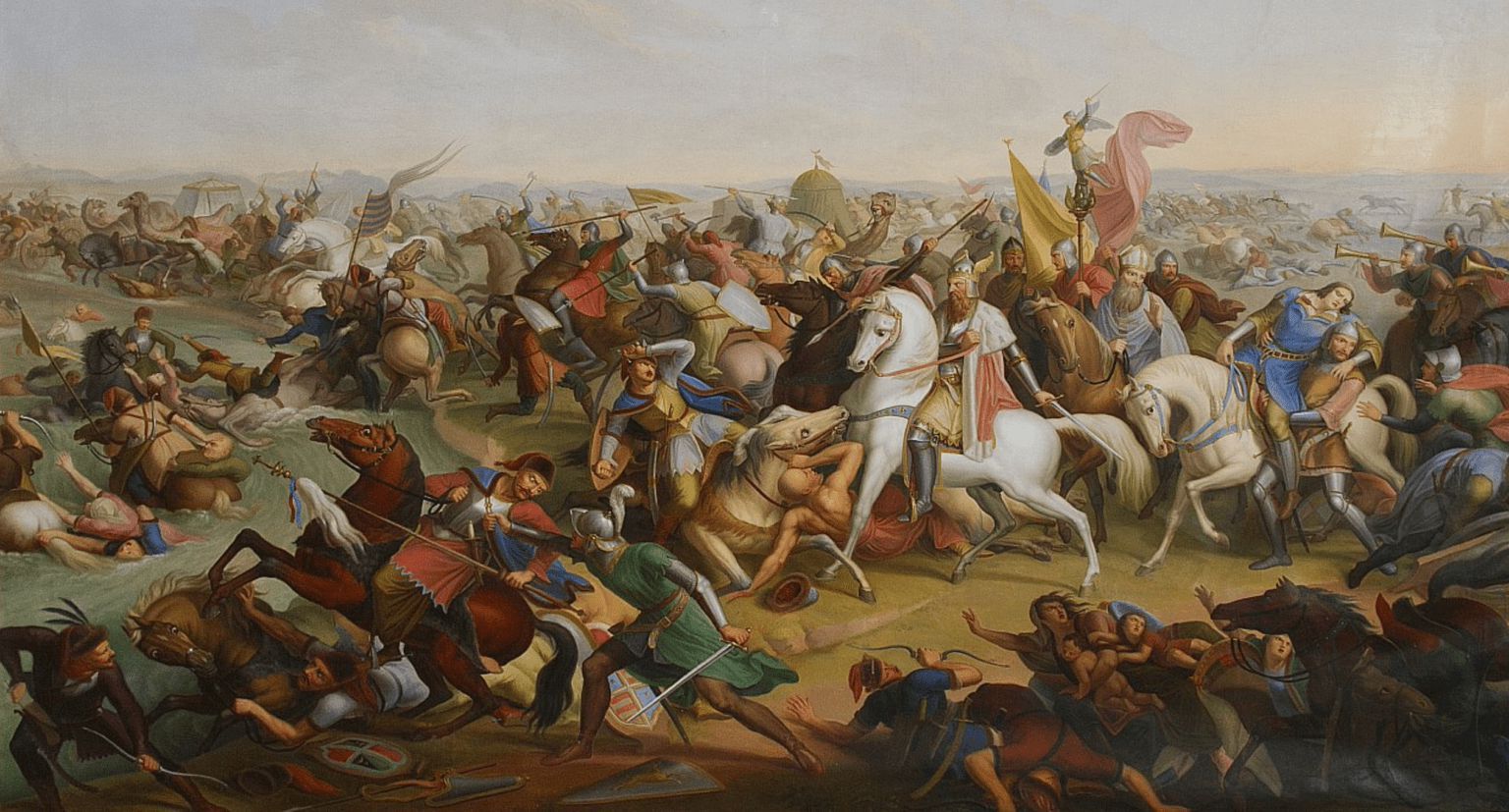
Welcome to the world of Dutch, a timeless comedy filled with laughter, heartwarming moments, and unforgettable characters. Released in 1991, Dutch quickly became a beloved classic, entertaining audiences with its story of an unexpected road trip that brings together two polar opposite individuals.
In this article, we will explore 37 fascinating facts about the movie Dutch that will enrich your viewing experience and give you a deeper appreciation for this comedic gem. From behind-the-scenes anecdotes to intriguing tidbits about the cast and crew, we’ll delve into everything you need to know about this iconic film.
So, fasten your seatbelts, buckle up, and get ready to discover the secrets and trivia behind Dutch – a movie that continues to captivate audiences with its humor, heart, and lasting charm.
Key Takeaways:
- Dutch is a heartwarming ‘90s comedy that teaches valuable life lessons about family, empathy, and personal growth through a hilarious and chaotic road trip adventure.
- The movie Dutch, starring Ed O’Neill, offers timeless humor, memorable quotes, and a catchy soundtrack, making it a must-watch for fans of classic comedies and anyone who loves a good laugh.
Dutch was released in 1991.
Directed by Peter Faiman and written by John Hughes, this comedy gem hit theaters in the early ’90s and quickly gained a cult following.
The movie stars Ed O’Neill as Dutch Dooley.
Ed O’Neill, known for his iconic role as Al Bundy in the hit TV show “Married… with Children,” takes on the lead role of Dutch Dooley, a working-class man on a mission.
Ethan Embry plays Dutch’s stepson, Doyle.
Ethan Embry delivers a memorable performance as Doyle, the spoiled and privileged stepson who goes on an unexpected adventure with Dutch.
The film revolves around an eventful road trip.
Dutch follows the humorous and chaotic journey of Dutch and Doyle as they travel cross-country to bring Doyle home for Thanksgiving.
Dutch was filmed in several locations.
The movie was primarily shot in Atlanta, Georgia, capturing various scenic spots that add to the authenticity and charm of the story.
There is an unexpected bonding between Dutch and Doyle.
As the road trip progresses, Dutch and Doyle develop an unlikely bond and learn valuable lessons from each other.
Dutch was not initially a critical success.
Despite its eventual cult status, the film received mixed reviews upon release. However, it has gained appreciation over the years for its genuine humor and heartfelt moments.
The movie explores class differences.
Dutch examines the stark contrast between Dutch’s blue-collar background and Doyle’s privileged upbringing, highlighting the disparities and similarities between the two characters.
Dutch is determined to teach Doyle valuable life lessons.
Throughout the journey, Dutch strives to impart his wisdom and instill a sense of humility in Doyle, leading to several comical and poignant moments.
The film addresses themes of family and acceptance.
Amidst the laughter, Dutch touches upon the importance of family bonds and accepting people for who they are.
Dutch showcases the talents of a young Christina Applegate.
Christina Applegate, known for her role as Kelly Bundy in “Married… with Children,” plays Doyle’s mother and Dutch’s love interest in the film.
Dutch features a memorable Thanksgiving dinner scene.
One of the most memorable moments in the movie is the chaotic Thanksgiving dinner scene, which will have you chuckling in your seat.
There are hilarious comedic moments throughout the film.
From mishaps on the road to witty banter between Dutch and Doyle, Dutch delivers plenty of laughs from start to finish.
The movie captures the essence of the holiday season.
Dutch takes place during Thanksgiving, offering a heartwarming and comedic take on the ups and downs that often occur during this special time of year.
Dutch has become a beloved cult classic.
Over time, Dutch has gained a dedicated fan base who appreciate its humor, memorable performances, and heartfelt story.
The film emphasizes the importance of empathy.
Dutch encourages its audience to see the world from different perspectives and understand the struggles and experiences of others.
Dutch features a catchy soundtrack.
The movie is accompanied by a soundtrack that perfectly complements the comedy and adventures of Dutch and Doyle.
Dutch showcases the talent of its director Peter Faiman.
Peter Faiman’s direction brings the story and characters to life, creating a delightful and entertaining film experience.
The movie reflects John Hughes’ signature comedic style.
As the writer of Dutch, John Hughes infuses the film with his trademark humor and relatable storytelling.
Dutch tackles important social issues.
Beyond its comedic moments, the film addresses privilege, stereotypes, and the complexities of modern family dynamics.
Dutch is a heartwarming and feel-good film.
With its mix of comedy, tender moments, and memorable characters, Dutch is a movie that will leave you with a smile on your face.
The movie offers a fresh take on the road trip genre.
Dutch puts a unique spin on the classic road trip narrative, offering laughs, surprises, and valuable life lessons along the way.
Dutch highlights the importance of personal growth.
Both Dutch and Doyle undergo personal transformations during their eventful journey, ultimately becoming better versions of themselves.
The film has memorable quotes.
Dutch features several quotable lines that have made their way into the lexicon of fans who continue to appreciate the film.
The movie’s humor is timeless.
Despite being released in 1991, Dutch’s humor still resonates with audiences today and continues to bring laughter to new generations of viewers.
Dutch has a runtime of 107 minutes.
The film strikes a perfect balance between comedic moments and meaningful storytelling within a manageable runtime.
Dutch is a must-watch for fans of ’90s comedies.
If you enjoy the comedic style and charm of ’90s films, Dutch is a must-add to your movie collection.
The movie is relatable to audiences of all ages.
Dutch’s themes of family, personal growth, and the importance of empathy are universally resonant, making it a movie that can be enjoyed by viewers of all ages.
Dutch showcases Ed O’Neill’s versatility as an actor.
Ed O’Neill’s portrayal of Dutch proves his ability to seamlessly transition from playing a TV sitcom dad to carrying a feature film with humor and heart.
The film’s production design captures the essence of the era.
From the costumes to the set designs, Dutch authentically captures the visual aesthetics of the early ’90s.
Dutch has found new audiences through streaming platforms.
Thanks to the availability of Dutch on various streaming platforms, the film has reached a wider audience who can now enjoy its comedic brilliance.
The movie represents a significant collaboration between John Hughes and Ed O’Neill.
John Hughes, known for his iconic ’80s films, teams up with Ed O’Neill in Dutch to deliver a truly memorable and enjoyable cinematic experience.
Dutch celebrates the importance of chosen family.
Beyond biological ties, the movie shows that family can be found in unexpected places and through meaningful connections.
The film’s screenplay underwent several revisions.
John Hughes devoted significant time and effort to refining the script of Dutch, ensuring that every comedic beat and emotional moment resonates with the audience.
The movie was released under different titles in international markets.
In some countries, Dutch was released as “Driving Me Crazy” or “Driving Me to Thanksgiving,” highlighting the central premise of the film.
Dutch has inspired countless road trip comedies.
With its memorable characters and hilarious misadventures, Dutch has left a mark on the genre and continues to influence similar films that follow in its footsteps.
Dutch is a perfect blend of comedy, heart, and nostalgia.
Whether you’re revisiting the film or discovering it for the first time, Dutch promises a delightful cinematic experience that will leave you longing for more.
Now that you’ve learned these 37 fascinating facts about the movie Dutch, it’s time to grab your popcorn, sit back, and enjoy this beloved comedy classic!
Conclusion
Dutch is a heartwarming comedy film that has captured the hearts of audiences since its release. It is a movie that encapsulates the complexities of family dynamics and the importance of acceptance and understanding. With its relatable characters, entertaining storyline, and memorable moments, Dutch continues to entertain and inspire viewers of all ages. So, if you haven’t watched this classic yet, grab a bowl of popcorn and get ready for a rollercoaster ride filled with laughter, love, and life lessons.
FAQs
Q: Who directed the movie Dutch?
A: The movie Dutch was directed by Peter Faiman.
Q: When was Dutch released?
A: Dutch was released on July 19, 1991.
Q: What is the plot of Dutch?
A: Dutch follows the story of a man named Dutch Dooley, who embarks on a road trip to bring his girlfriend’s son home from boarding school. Along the way, they face various challenges and learn valuable life lessons.
Q: Who are the main actors in Dutch?
A: The main actors in Dutch are Ed O’Neill, Ethan Embry, and JoBeth Williams.
Q: Is Dutch a comedy film?
A: Yes, Dutch is a comedy film that combines humor with heartfelt moments.
Q: Does Dutch have any sequels?
A: No, Dutch is a standalone film and does not have any official sequels.
Q: Is Dutch suitable for all audiences?
A: Dutch is rated PG-13 and contains some language and adult themes. Therefore, parental discretion is advised.
Q: Did Dutch receive any awards?
A: While Dutch did not win any major awards, it was well-received by audiences and has attained cult status in the years since its release.
Was this page helpful?
Our commitment to delivering trustworthy and engaging content is at the heart of what we do. Each fact on our site is contributed by real users like you, bringing a wealth of diverse insights and information. To ensure the highest standards of accuracy and reliability, our dedicated editors meticulously review each submission. This process guarantees that the facts we share are not only fascinating but also credible. Trust in our commitment to quality and authenticity as you explore and learn with us.


